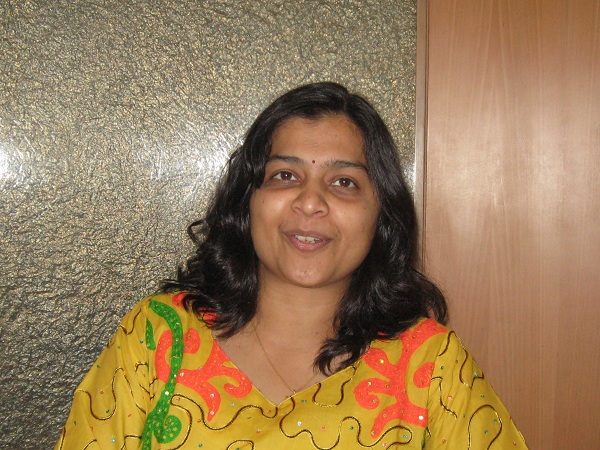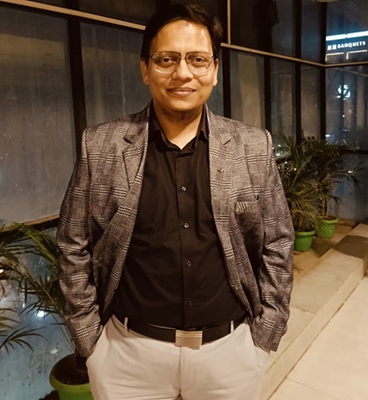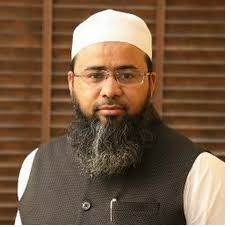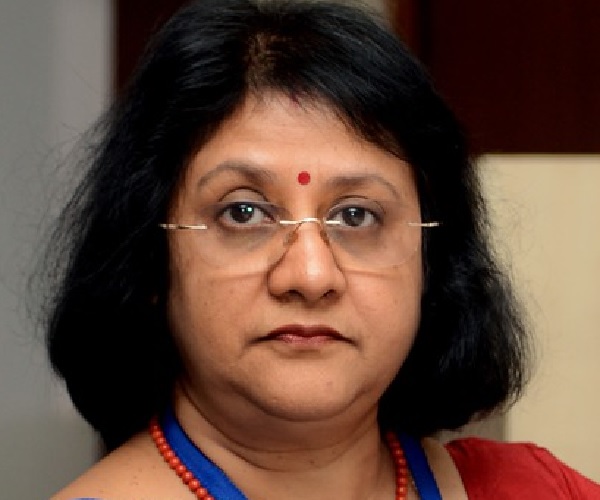“We should not be a moral police”
Mrinmayee Ranade is the editor of Madhurima of Divya Marathi daily newspaper in Maharashtra. After the graduation in psychology in 1992 she obtained a diploma in journalism from Garware College in Mumbai.
Her professional career began in 1992 with “The Daily” an English newspaper from Mumbai then she joined Maharashtra Times, a Marathi Daily of Times group in 1994. She joined Times of India for a year but got back in Maharashtra Times till 2003.
Afterwards she worked in Navshakti Marathi Daily and Indian Express now she is a part of Bhaskar group. She talked to Danish Reyaz.
Q- How was your journey as a lady journalist in male dominated society.
Ans: In the recent years I believed that male can be a good journalist on the field. They do have many ways of digging out stories. It’s only in 1997 when I reported from the ground about the railways mega blocks and electricity failure, I realized that reporting is an art and anyone can do it. Pramod Bhagwat and Prakash Akolkar guided me how to get good stories.
Then I shifted my focus to sports and I was asked to cover the women cricket test match in Lucknow. My colleagues on the desks were uncertain about my talent but later they appreciated my reports.
Q- Do you remember any incident that impacted upon the society?
Ans: I can’t forget a story of a Rikshaw driver who used to ferry a handicap boy to school daily but the driver and the boy got stuck during the heavy rain of 26th July when Mumbai was flooded. Electricity, transport all got stuck for a week. The Rikshaw driver who himself was handicap pull up the boy and kept him on a safer place for the whole night. Later on he took him to his own house and looked after him for three days finally dropped him in to his school.
After this story National Geography a TV Channel covered the story which is shown even now. Another incident which had a great impact on me is the suicide of 9 farmers of Vidarbha; it was a time when I was working with a Canadian journalist as a translator. Recently I did a piece on Diwali, where I recommended that the lights which are used to celebrate Diwali and kept hanging for days to come should be removed after the festival like christens do it onChristmas. Thank God that I was heard and people pull out the lights after Diwali.
Q-How do you feel when you have to drop the story idea because of the Editor or that the readers will not like it?
Ans: yes it happens with every journalist. I remember a story when I visualized a travelogue of a male and a female journalists travelling in Sleeper Bus and both have to share one birth which is quite embarrassing for a women in our culture. But my editor asked me to postpone it because of our new edition of Aurangabad. But when the story got published after two months I got huge response and appreciation. I realized that we should not be a moral police but have to leave it on the readers who are getting mature day by day.
Q-Its seen that women are getting more attracted toward journalism.
Ans: It’s basically the glamour, especially of news channels, that is attracting them and of course the power that comes with the profession. When they see a journalist talking to the who’s and who of the society whether a politician or a banker or an Industrialist or the bollywood stars, they get fascinated but very few are interested in serious journalism. Its tuff to be a serious journalist. Today the young generation of the journalists are less competent as far as language is concern but they are really hardworking and have to improvise on their weakness.
Q- How to promote a Serious journalism in this world of infotainment and breaking news?
Ans: I like the way how The Hindu, Indian Express and Tehelka are doing. I suggest that we should assign few serious stories to the younger journalists and give them 3 to 4 days to work on it. Surely they can come up with a bright color.







0 Comments